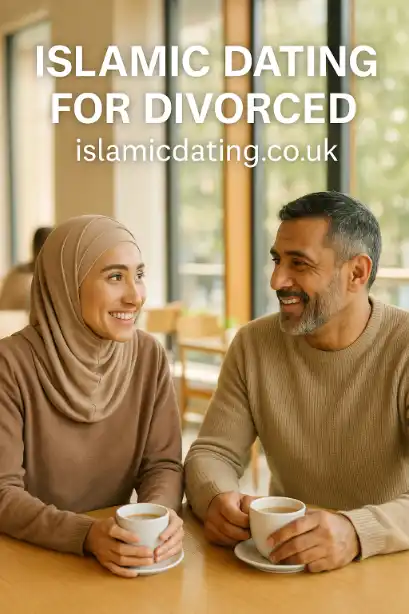
ISLAMIC DATING FOR DIVORCED
WHAT IS HALAL DATING FOR DIVORCED?
ON LINE FREE ISLAMIC DATING BY COUNTRY
AFGHANISTAN ISLAMIC DATING
ALGERIA ISLAMIC DATING
BANGLADESH HALAL DATING
CHINA ISLAMIC DATING
EGYPT ISLAMIC DATING
INDIA HALAL DATING
INDONESIA ISLAMIC DATING
IRAQ ISLAMIC DATING
IRAN HALAL DATING
KAZAKHSTAN ISLAMIC DATING
LIBYA HALAL DATING
MALAYSIA ISLAMIC DATING
MOROCCO ISLAMIC DATING
NIGERIA ISLAMIC DATING
PAKISTAN ISLAMIC DATING
SYRIA ISLAMIC DATING
TUNISIA HALAL DATING
TURKEY ISLAMIC DATING
UZBEKISTAN HALAL ISLAMIC DATING
LEBANON ISLAMIC DATING
PALESTINE HALAL DATING
QATAR ISLAMIC DATING
SAUDI ISLAMIC DATING
U.A.E (DUBAI) HALAL DATING
FRANCE ISLAMIC DATING
KENYA ISLAMIC DATING
UNITED-KINGDOM ISLAMIC DATING
UNITED-STATES HALAL DATING
FOR WIDOW ISLAMIC DATING
CANADA ISLAMIC DATING
AUSTRALIA ISLAMIC DATING
NEW-ZEALAND HALAL DATING
GERMANY ISLAMIC DATING
ISLAMIC DATING FOR DIVORCED
FOR SENIOR ISLAMIC DATING
FOR POLYGAMIST ISLAMIC DATING
ISLAMIC DATING FOR DISABLED
FOR CHRISTIAN JEW BUDDHIST NON-MUSLIM ISLAMIC DATING
FOR TEENS ISLAMIC DATING
MUSLIM WEDDING PLANNER ISLAMIC DATING